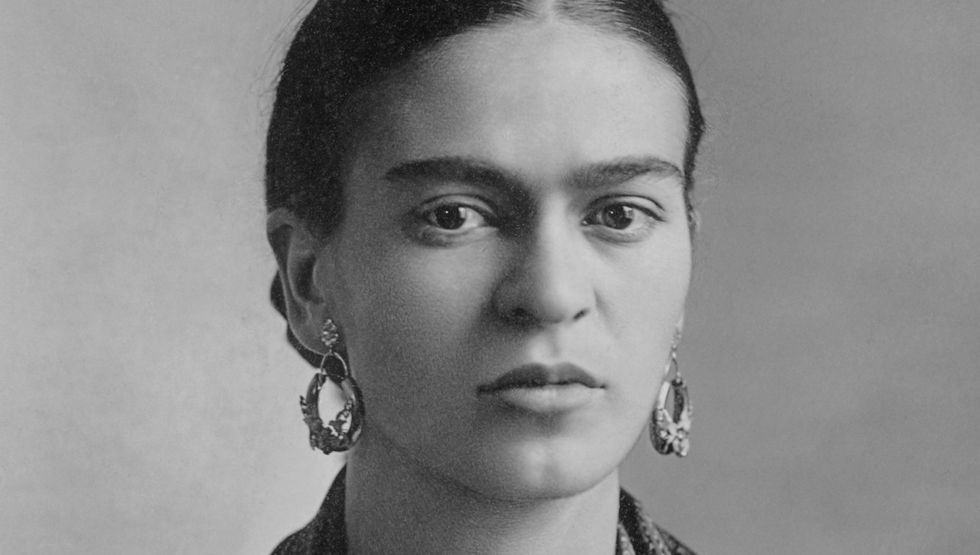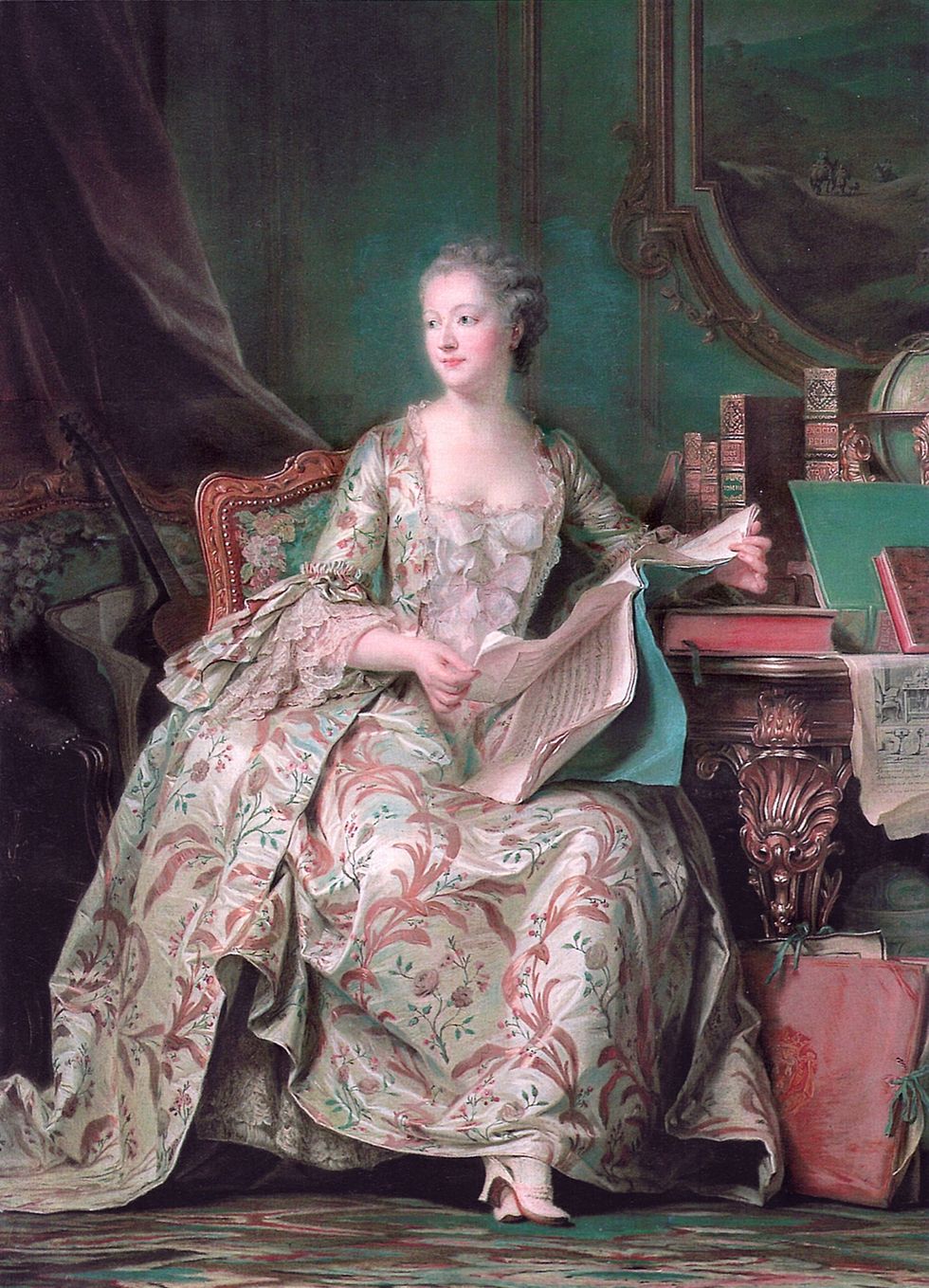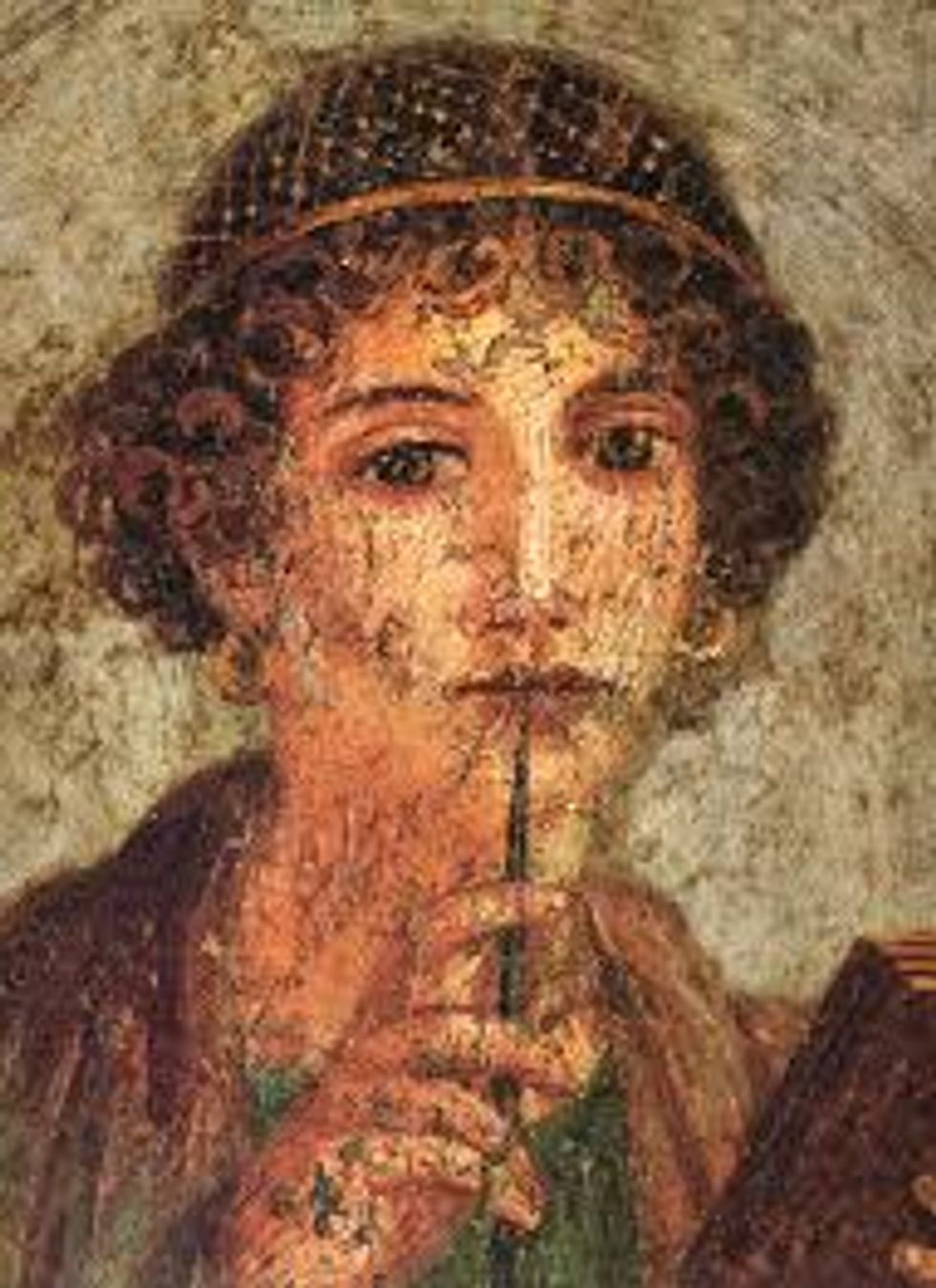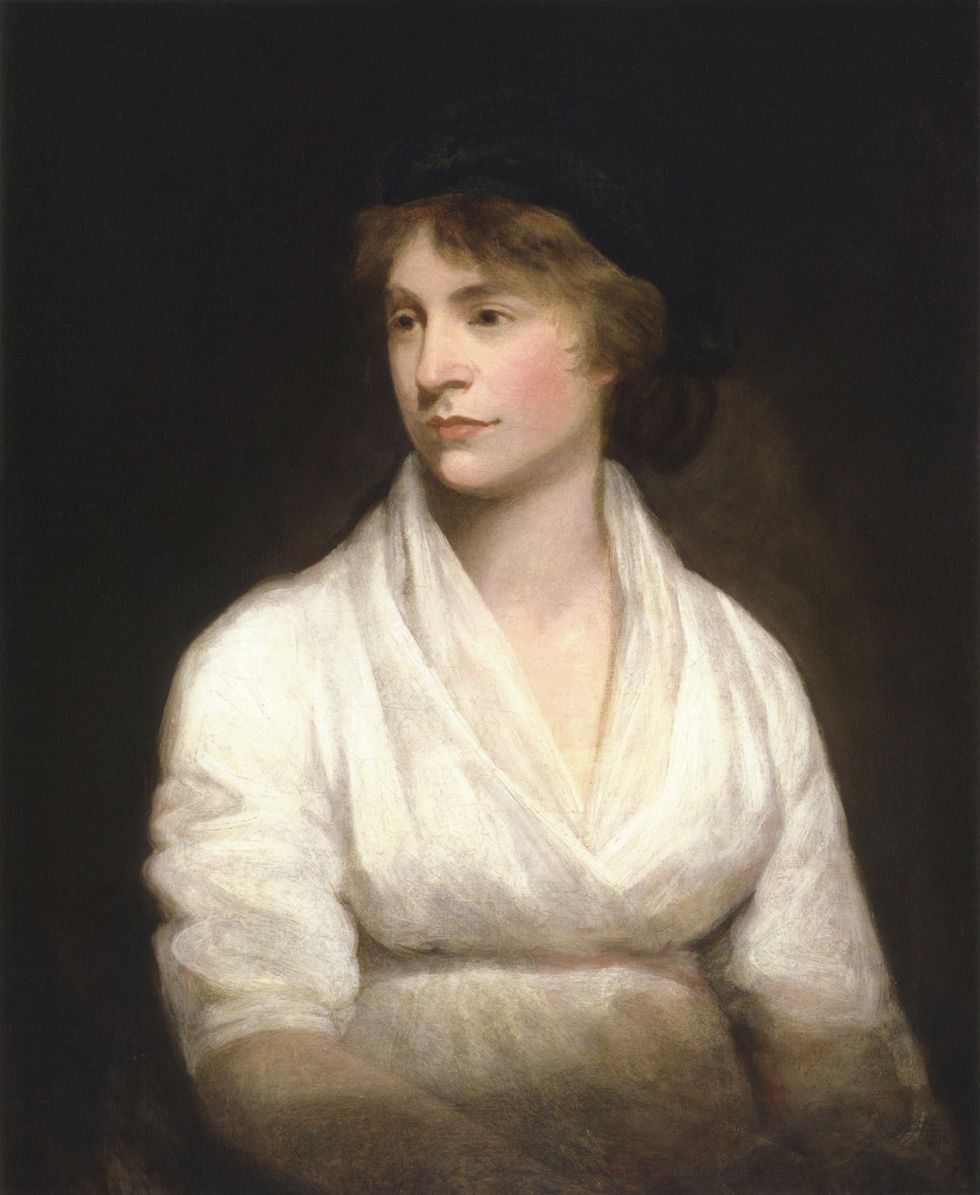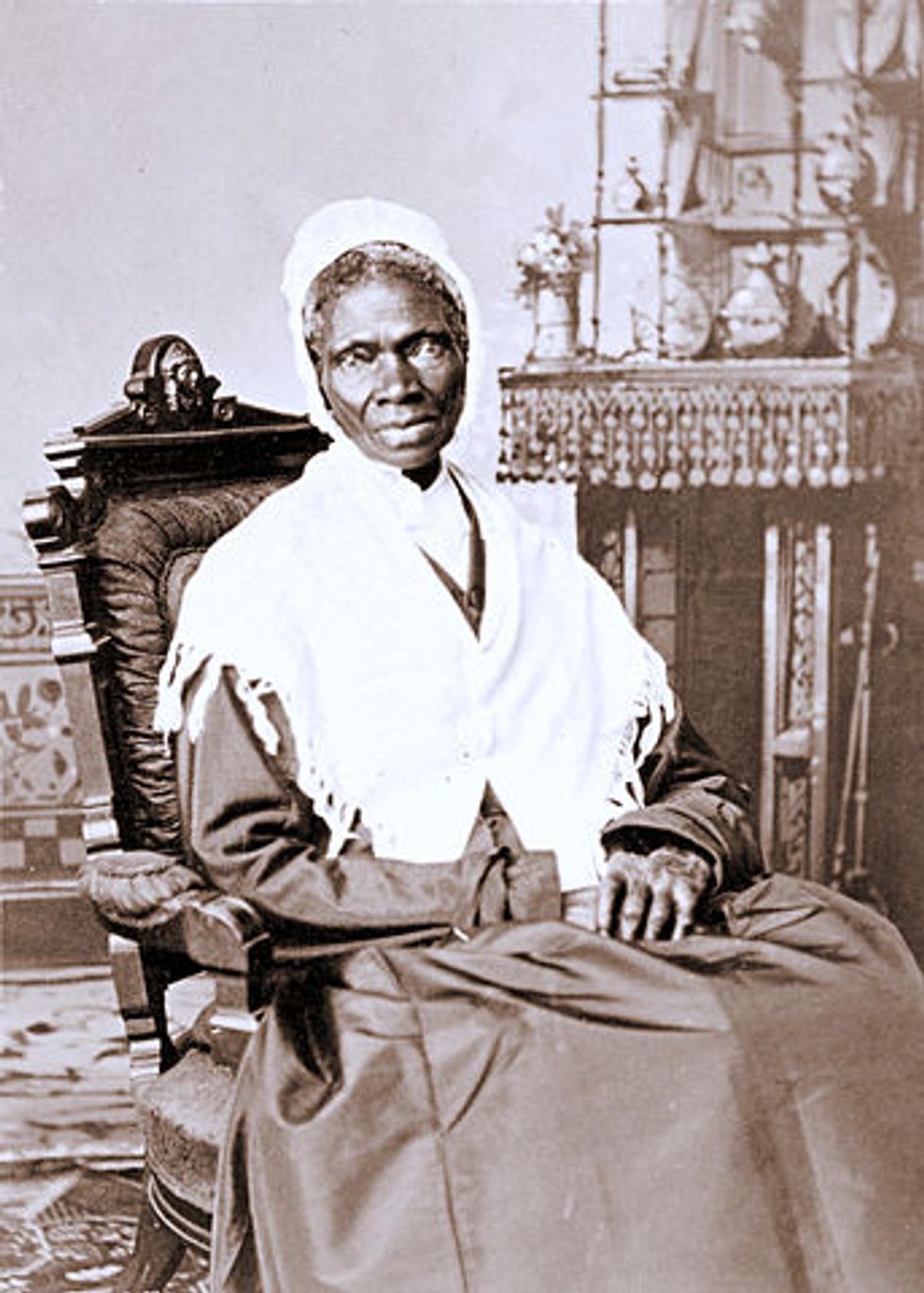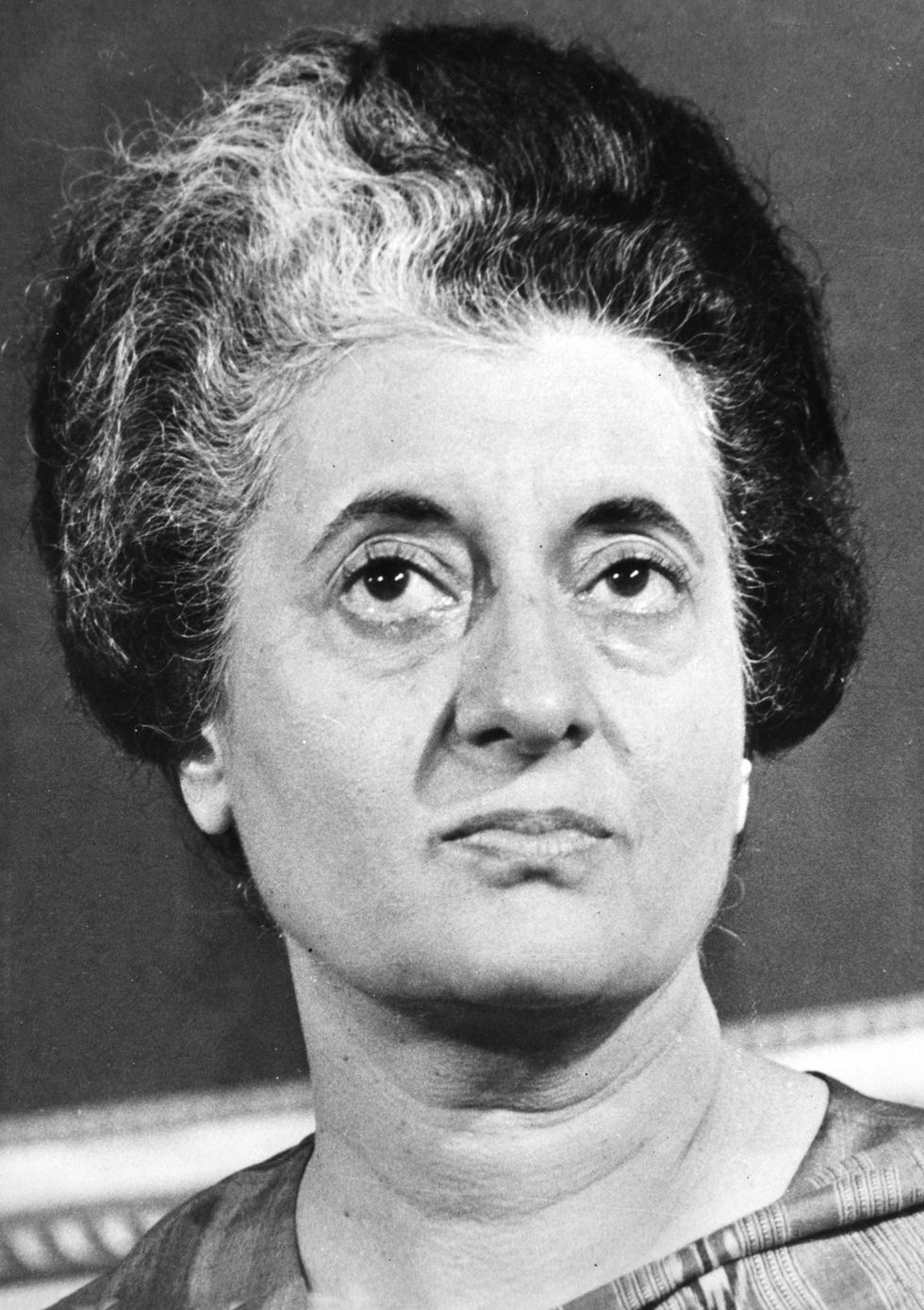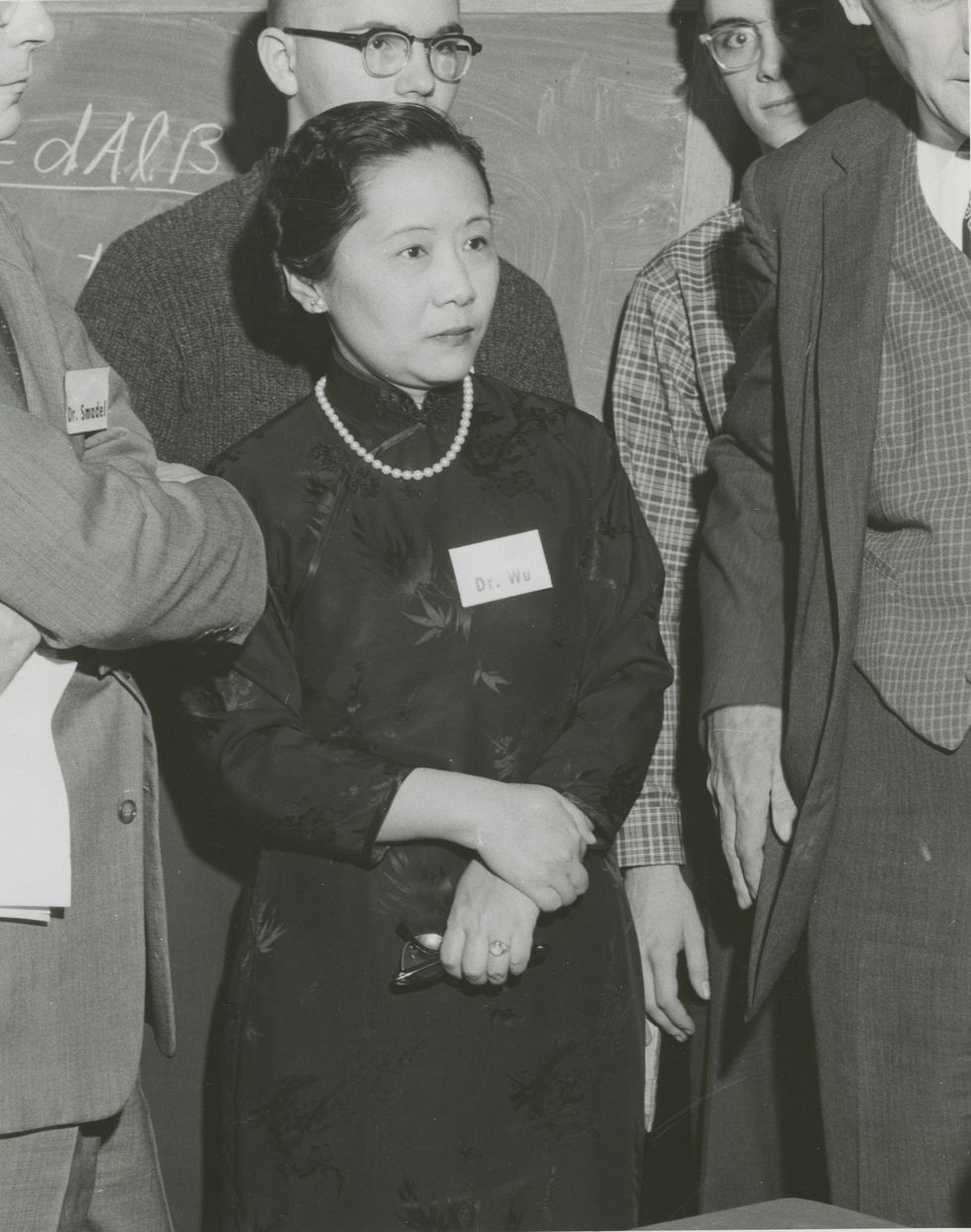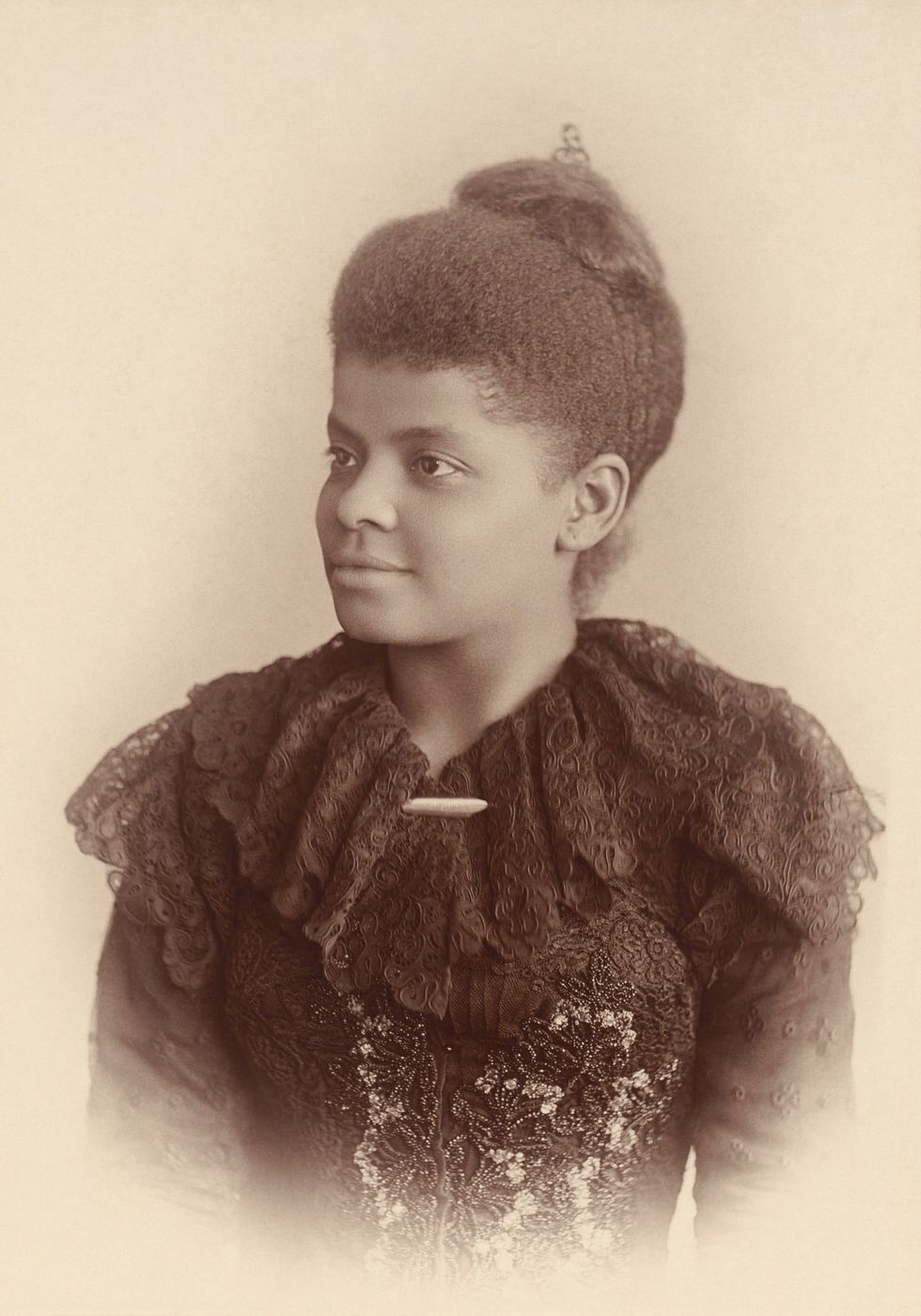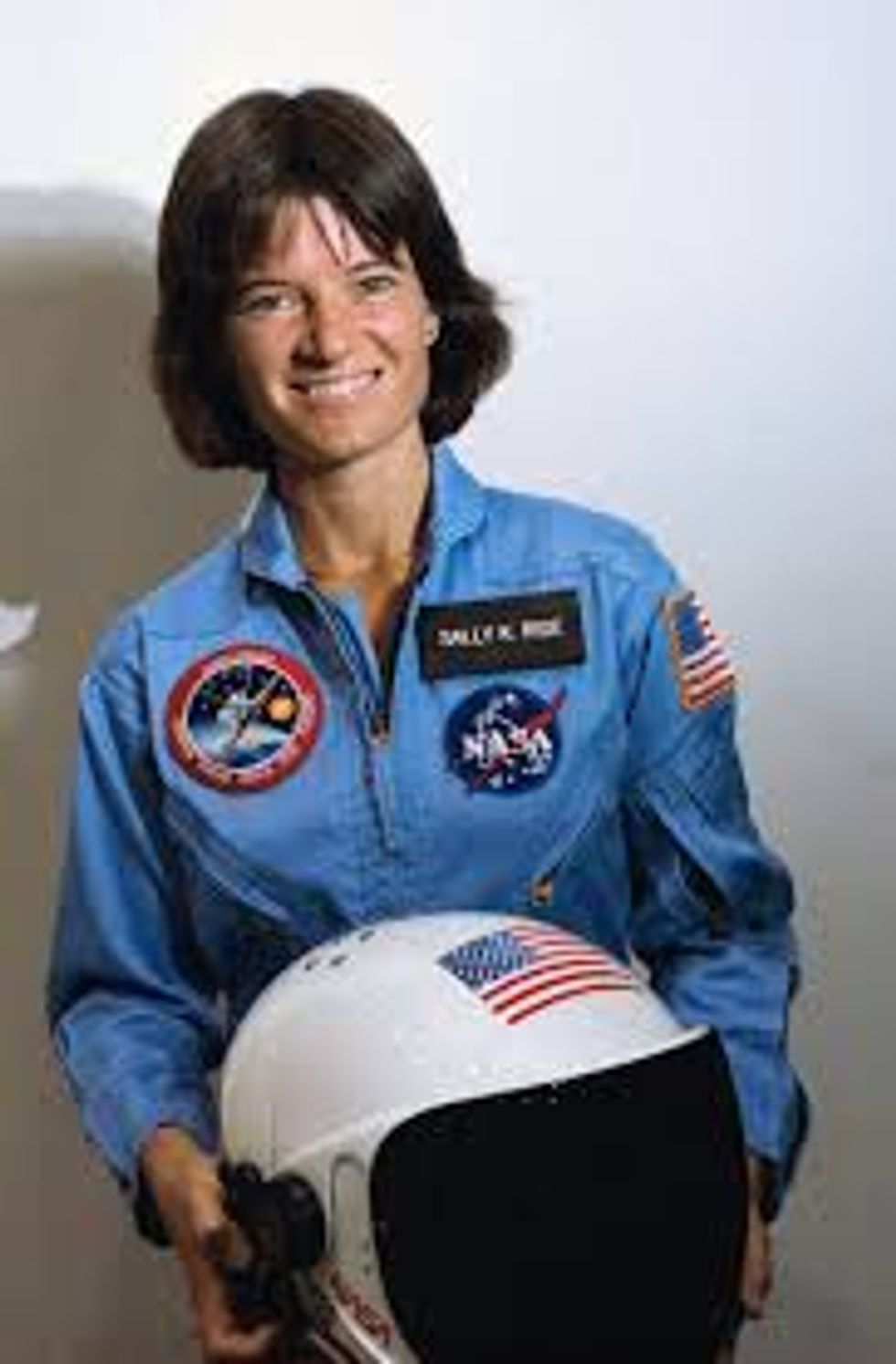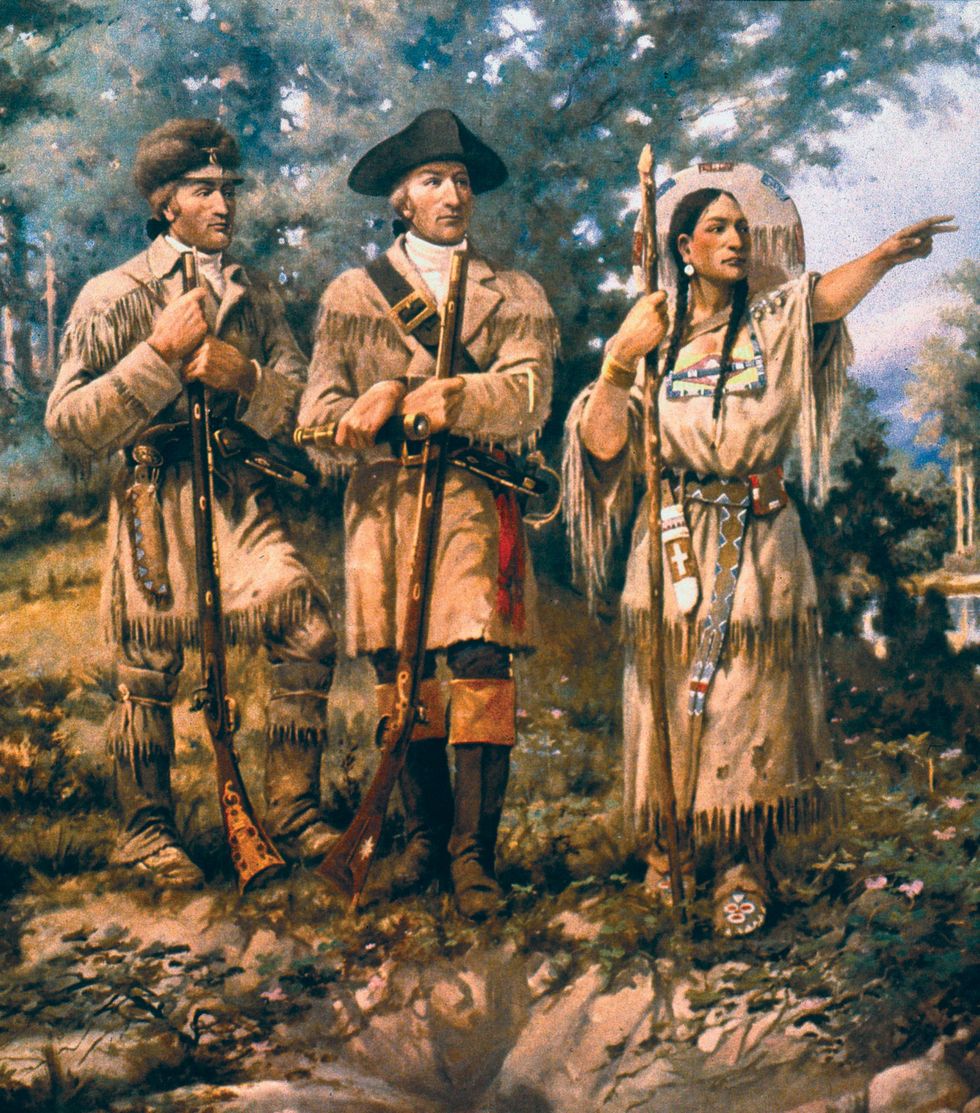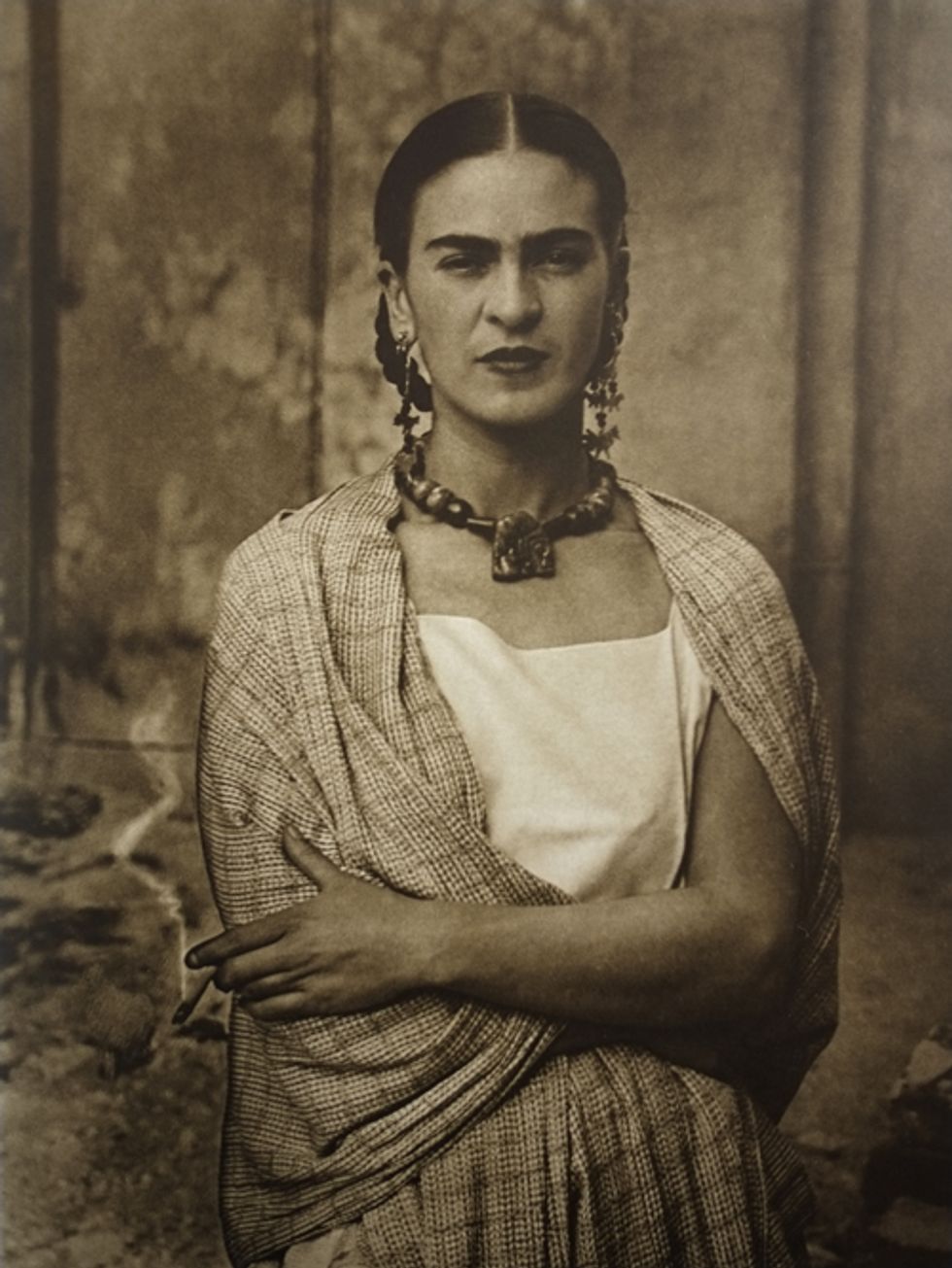Feminism and female empowerment may seem like a modern trend, but women have been breaking boundaries and making names for themselves since the dawn of time. Unfortunately, their names might not appear in the average history textbook or come up in casual conversion.
Many women's stories, particularly women of color and those from impoverished backgrounds, are deemed superfluous when it comes to retelling a greater narrative.
However, some of our predecessor's significance has not been forgotten. The women on this list have remained relevant and inspiring even centuries later. This is for the women who were true to themselves and stood up for others when society asked otherwise.
1. Madame de Pompadour
Madame de Pompadour strategically used her position as Louis XV's mistress to further some of her goals for France. She was a vital patron to the arts and other academic pursuits during the beginning of the Enlightenment. She fostered the works of Voltaire and Boucher and many others. Thanks to her, the first edition of the encyclopedia was published and distributed to the public.
2. Sappho
Sappho was one of the first published female authors. Although much of her poetry has been lost, we do know that she wrote over 10,000 lines and was loved during the hellenistic times. She was born on the Isle of Lesbos, where the word "lesbian" originates. There is no definitive evidence on her sexuality, but her poetry remains a symbol for desire and friendship between women.
3. Mary Wollstonecraft
This English writer and philosopher is responsible for one of the very first protofeminist works in history. "A Vindication of the Rights of Woman"declared that women were not naturally inferior to men, they just had not been educated to the level of men at the time.
4. Sojourner Truth
All of Truth's accomplishments are too long to list here, but she is mostly known for her work as a human rights activist and abolitionist during the Civil War. At a women's rights convention she gave her historical "Ain't I a Woman?" speech where she demanded rights for black women as well as white.
5. Indira Ghandi
To this point, Indira Ghandi is the first and only female Prime Minister of India. She centralized India's government and revamped the agricultural system which lead to the country's self-sufficiency in grain production.
6. Chien-Shiung Wu
Wu was a Chinese-American experimental physicist and made significant contributions to the Manhattan project. Unfortunately, her colleagues received the Nobel Prize for her work without her but her contributions have not been forgotten. She is known as the "First-Lady of Physics."
7. Ida B. Wells
Wells was a newspaper editor, journalist, activist, suffragist, and feminist. As one of the founders of the NAACP, she played an important role in the Civil Rights movement. Born a slave and later freed after the Civil War, Wells spent her career documenting the treatment of African-Americans in the south.
8. Sally Ride
Ride became the first American woman in space in 1983 making her the third woman to ever enter space. She remains the youngest person to ever do so. After her career as an astronaut, she went on to teach physics, and then found her own company dedicated to encouraging young girls to pursue science.
9. Sacagawea
Sacagawea was instrumental on Lewis and Clark's expedition to the Pacific Ocean. She knew how to navigate some of the rivers but she most impactful as an interpreter. In addition to helping guide the mission, she carried her new born baby with her the whole way.
10. Frida Kahlo
Perhaps one of the most recognizable artists ever, Kahlo is still incredibly influential. Her unique combination of styles has forever changed art and made her into an icon. Her work was always political and meaningful which is why she still regarded in feminist, Chicano, and queer movements.

